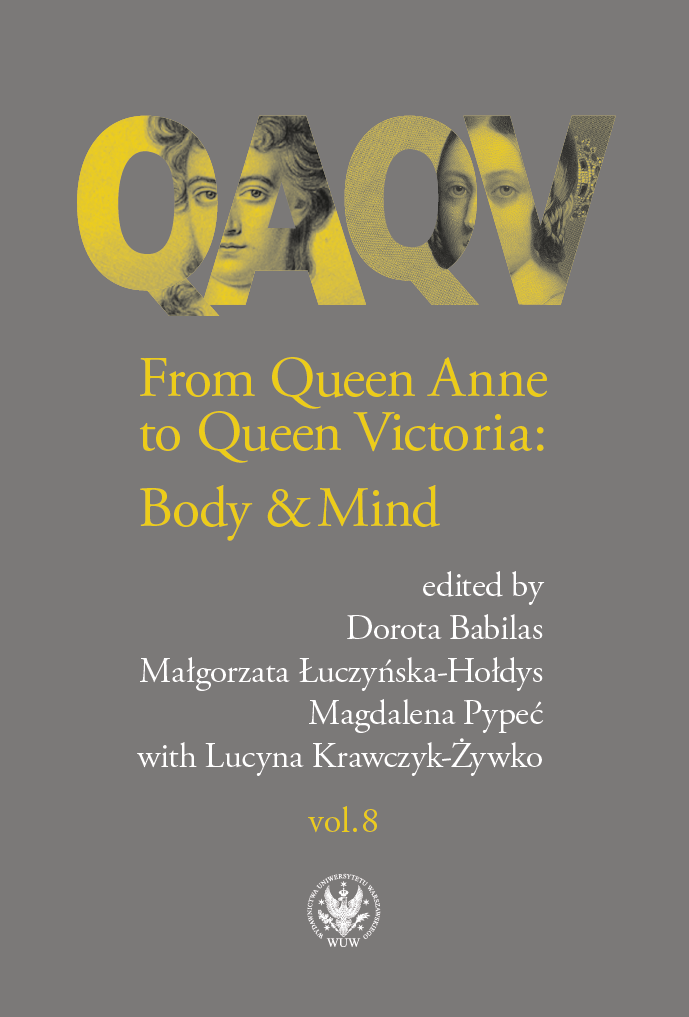The Discourse of Power in Gilbert and Sullivan's "The Pirates of Penzance; or The Slave of Duty"
The Discourse of Power in Gilbert and Sullivan's 'The Pirates of Penzance; or The Slave of Duty'
Author(s): Tomasz Wiącek
Subject(s): Cultural history, 18th Century, 19th Century
Published by: Wydawnictwa Uniwersytetu Warszawskiego
Keywords: comic opera; discipline; Gilbert and Sullivan; parody; power
Summary/Abstract: 'The Pirates of Penzance; or The Slave of Duty' is a comic opera by William S. Gilbert and Arthur Sullivan, which tells a story of a young man, Frederic, who on his 22nd birthday completes his accidental long-term indenture to a group of pirates, which he kept since he was a child due to his nurse’s mix-up and personal sense of duty. When he leaves the pirates, he falls in love with one of Major-General Stanley’s daughters, but his sense of duty again forces him to resume the contract due to an unforeseen legal loophole. Although Frederic, as the titular slave of duty, seems to be the most visible “docile body” in the comic opera’s discourse of power, the other presented characters and groups, such as the Major-General, the local constabulary, the Major-General’s daughters, and the pirates with their King, reflect various power and control dynamics which at first seem less obvious in their interpretation than those of Frederic, but are equally if not more intriguing. This chapter aims at exploring these discourses of power and control in this comic opera through the scope of both the traditional and later theories of power, surveillance, and penalization of the individual bodies and groups.
Book: From Queen Anne to Queen Victoria. Body & Mind. Volume 8
- Page Range: 77-90
- Page Count: 14
- Publication Year: 2025
- Language: English
- Content File-PDF

